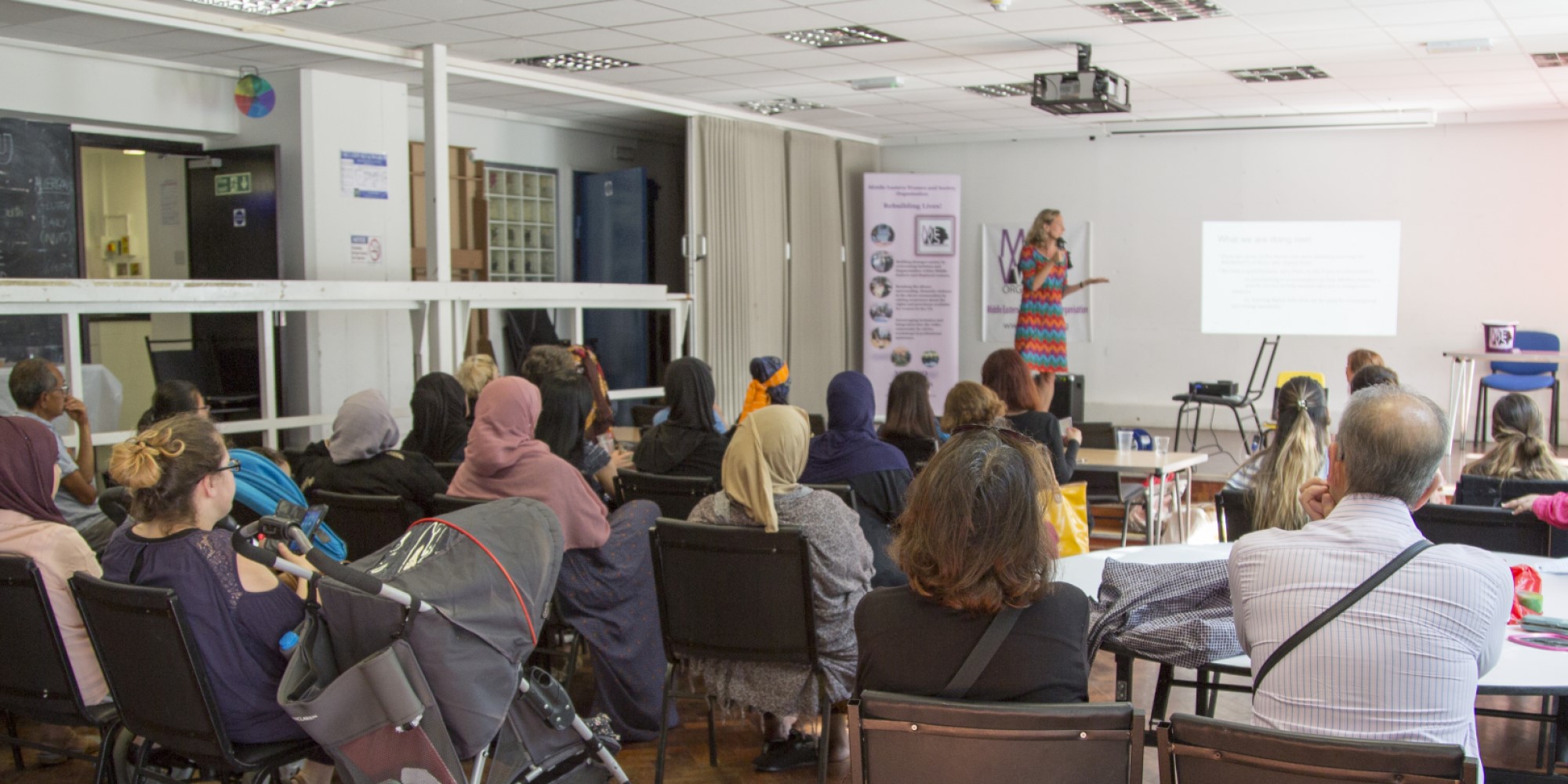The Centre for Applied Sociology focuses on taking an applied sociological approach to understanding and reducing social inequalities among disadvantaged, vulnerable and stigmatised communities in the UK and internationally.
Our multi-disciplinary research involves collaboration and partnerships with community practitioners, professionals, policymakers and other universities. Our members conduct research, evaluations and evidence-based interventions that is co-produced, participatory and involving creative, arts-based and auto/biographical methodologies in order to develop grassroots, bottom up, and community-led approaches, elaborating solutions and responses to key areas of social life and relationships.
The Centre’s research is organised into 3 strands to advance the co-creation of applied social policy knowledge, inter-disciplinary research and practice in key areas of social policy:
- Social inclusion, citizenship and participation
- Social care, health and wellbeing
- Educational and sustainable communities
In developing creative and participatory research projects for public engagement, service provision and policy impact we use a broad range of research strategies designed to include increasing numbers of ECRs and doctoral students. Our members are engaged in research collaborations with national and international partners and benefit from external funding from UK and EU research councils, charities and government agencies.

Relationships with research users, beneficiaries or audiences to develop impact
The Centre for Applied Sociology is part of the Social Policy and Social Work UoA for REF2021 at the University of Greenwich. We seek to advance the co-creation and sharing of applied knowledge so that our research findings add to the evidence base and make a positive difference for practitioners and a diverse range of communities locally, nationally and internationally. A vital part of our research endeavour centres around building and sustaining long-term partnerships with practitioners, policymakers, and other research beneficiaries. Maintaining these reciprocal relationships enriches our research environment by keeping us up to date with grassroots concerns and emerging policy challenges, and helps us to be responsive to new priorities and co-create new directions for research and impact. We also utilise our networks to share and act on our research findings.
We extend our reach to include marginalised communities where our research can make the most difference. We embed equality, diversity and inclusion in our culture, and the way we work, so that we can improve the presence and involvement of these under-represented groups in social policy research and engagement. This brings together a broad range of range of stakeholders (e.g., the public, research users, practitioners, and policy stakeholders) at every step of the research process. Our approach to research design embraces co-production throughout the research cycle and beyond, and the use of participatory action research (PAR) and creative methods to empower research participants throughout the research process and beyond.
We collaborate with local, national and international organisations, including a wide range of third sector and user groups, the UK Parliament, local and central government departments and bodies, and various national and sub-national governments and UN agencies. Indicators of success include invitations to engage with research users, collaborative grants awarded, and journal papers co-authored with research users. For further information see Research and Public Engagement.